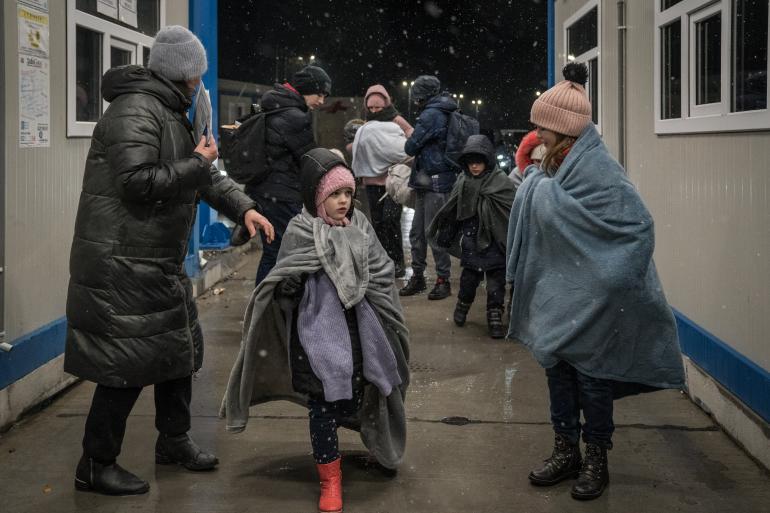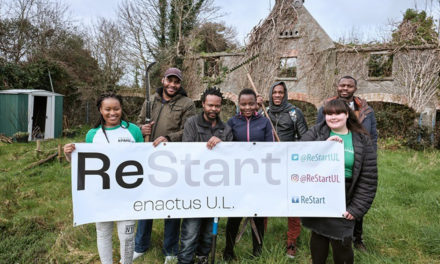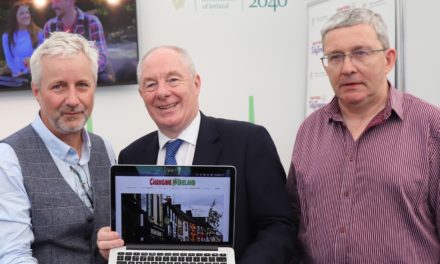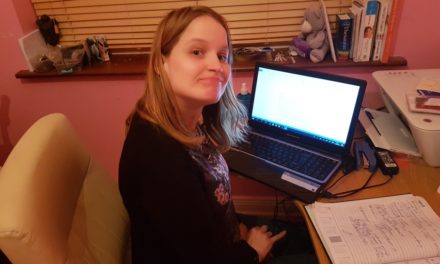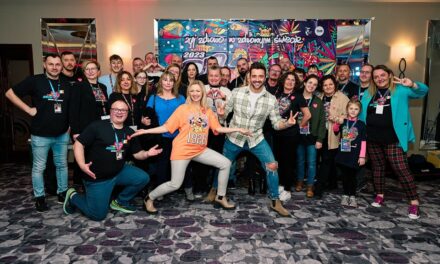A new style ‘Community Call’ is all but certain after Joe O’Brien, Minister of State with special responsibility for Community Development and Charities, met earlier today with over 150 leaders from the community and voluntary sector and local government.
He called for the same “spirit” that was evident in the response to the pandemic at community and national level. As a start, the Department of Rural and Community Development has given a “commitment to allow flexibility in [community] schemes and programmes so people are freed up to work with new arrivals”.
Said Minister O’Brien: “We see the best of ourselves when the need is greatest and I am sure we will get through another crisis with collaboration and spirit.”
He recalled how during the pandemic, the community call initiative “leveraged successful collaboration between local authorities and community and voluntary groups to provide structure and focus to communities wishing to assist at a time of crisis”.
The online meeting discussed the “immediate, practical measures to be put in place and the important tasks of welcoming and integrating the new arrivals into our communities over time”.
SPIRIT
Speaking on the eve of St. Patrick’s Day and the public holiday on Friday in memory of all who died in Ireland from Covid and in tribute to all who made sacrifices during the pandemic, the Minister pledged the Government’s support facing into this new crisis.
Calling today for the kind of spirit shown during Covid, he said:
“My commitment to you is that we will do all we can to support you in what you are doing. I remember clearly how we worked together during COVID, how the Community and Voluntary Sector, local and national government and Public Participation Networks joined forces and did what needed to be done.”
ATTENDEES
The Minister, who previously worked supporting refugees, said of the war, “There is universal revulsion and the realisation that in whatever way we can respond, we must respond.”
Attendees at this first discussion session included the CEOs of Local Development Companies, chief officers and chairpersons of Local Community Development Committees, managers of Volunteer Centres, and representatives from Volunteer Ireland, the Irish Local Development Network and other groups in the Community and Voluntary Sectors.
COMMUNITY CALL
The first ‘Community Call’ was announced on April 2nd, 2020, within a week of Ireland going into full lockdown when Covid-19 hit. The call was described at the time by then-Tanaiste Simon Coveney as “an unprecedented mobilisation of both state and voluntary resources to combat the effects of Covid-19.”
It proved effective and those working behind the scenes recently collated information on what worked best, just in case another crisis was to arise. As communities, families, individuals and the State prepare for the arrival of up to 100,000 refugees, that experience will prove helpful.
Support at community level for people in distress is often spontaneous and local groups move more speedily than large regional or national organisations. Over the long term, however, a ‘Community Call’ style of response promises structured support from government for communities and agencies dealing with the new challenges.
EXPERIENCE
The country has gained some experience over the years taking in relatively small numbers of asylum-seekers and formally receognised refugees. In this instance, those arriving will have automatic refugee status and will be able to access work, education, health and other services as if citizens.
As Minister O’Brien said on March 4, “We’ve got experience doing this. And we’ve got a public and a government that’s committed to doing it right as well and we’re going to do the best we can.”
@joefingalgreen on how Local Dev't Co's, #PPNs, Volunteer Centres, FRCs, etc can help communities take care of refugees. Minister interviewed by @RCLucey reporting for @changingireland. @frcnf @theILDN @voluntireland @LibrariesIre @POBAL @CommWorkIreland @The_Wheel_IRL #SICAP pic.twitter.com/jIIUalLanL
— Changing Ireland (@changingireland) March 8, 2022
CO-ORDINATION
While government departments with responsibility for education, justice, health and social welfare have been to the fore in responding to the arrival of refugees, the Department of Rural and Community Development – and all those in civil society that it supports – will soon begin to also play a crucial role.
In a statement issued this evening, the Department of Rural and Community Development said, “Intensive work has been underway across Government over the past two weeks preparing a humanitarian response… There is also a clear need to co-ordinate the community and voluntary sector response and to start focussing on the integration supports and social supports which will be needed for this population in the medium and longer term.”
“Today’s meeting was timely in the context of the Government’s work to ensure that local capacity, resources and knowledge are brought to bear on the overall humanitarian response.
“Government is working closely with Local Authorities to ensure a well-co-ordinated and seamless approach. This will provide a structure to draw fully on the capability, know-how and reach of the Community and Voluntary Sector.”
“As those fleeing war arrive into the country, and as the integration process happens, they will need a range of services such as information on rights and entitlements, and linkages to relevant agencies locally. Supports will also need to be identified and co-ordinated around Childcare, Housing, Schools, GP registration, English classes, etc,” it said.
EXPERIENCE GAINED HOSTING REFUGEES THROUGH THE SOCIAL INCLUSION AND COMMUNITY ACTIVATION PROGRAMME – A LONG READ:
Take a deep dive into a #SicapStory – From Malawi to Wexford

